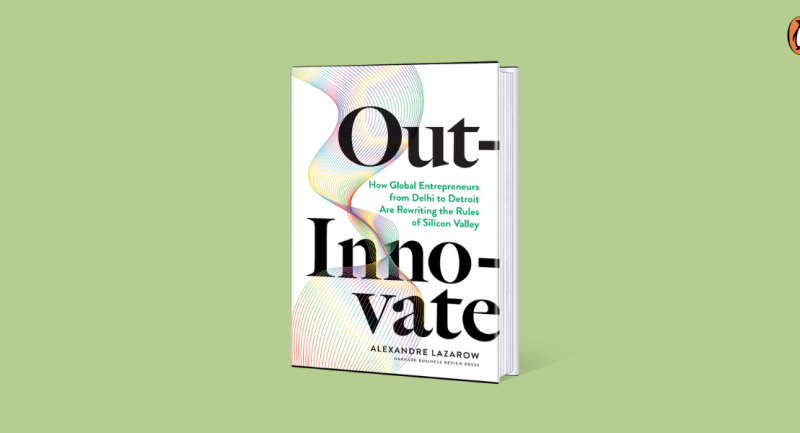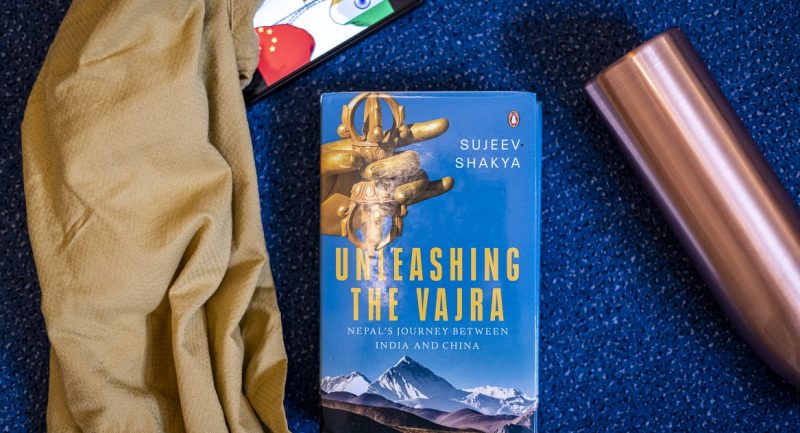
For decades, the West has dismissed Maoism as an outdated historical and political phenomenon. But Mao and his ideas remain central to the People’s Republic of China and the legitimacy of its Communist government.
In Maoism: A Global History, Julia Lovell re-evaluates Maoism as both a Chinese and an international force. Starting with the birth of Mao’s revolution in northwest China and concluding with its violent afterlives in South Asia and resurgence in the People’s Republic today.
Here are 8 things you learn from this landmark history of global Maoism:
The 1940s was a frightening time for those who were intelligent and liberal
“Those suspected of deviation from Mao’s line were arrested and ‘screened’…Torture and intimidation became commonplace; satire was outlawed.”
~
As entertainment was restricted by Mao, people turned to reading
“There was, quite simply, not much else to do but read and talk: there were no private radios and few film projectors. They were allowed free time on Sundays to wash in the river.”
~
Mao was harsh against intellectuals as he felt inferior to them
“Some of Mao’s closest colleagues listening to his lectures were embarrassed by his bêtises and blatant plagiarism from Chinese translations of Marxist texts. Perhaps as a result of all this, Mao long harboured a sense of inferiority towards intellectuals that no doubt shaped his harshness towards them once in power.”
~
Mao’s second wife was the last to know about her divorce
“She only learned that she had been summarily divorced and replaced by Jiang Quing two years later when she heard a translation of an article in the Soviet press referring to ‘Mao and his wife’.”
~
Mao believed rebellion was justified (just not against him!)
“Mao’s love for rebellion fed also into his passionate belief in voluntarism: that as long as you believed you could do something,you could accomplish it – regardless of material obstacles.”
~
An American journalist wrote about how the Chinese had been brainwashed to accept Communism and many in the US believed him
“…he likened Chinese mind control to ‘witchcraft’, with its incantations,trances,poisons and potions,with a strange flair of science about it all, like a devil dancer in a tuxedo,carrying his magic brew in a test tube.’ ”
~
In the 1950s any connection with China was feared in the US State Department
“‘Connection with China was so feared that even people who were probably giving the sanest,most lucid intelligence in the US about China were driven out of office,’ ”
~
Xi Jinping was the first to give access to the archives of Mao-era China to researchers
“In a move unprecedented for a Communist state, the archives of Mao-era China had opened up in the first decade of the new millennium. Both Chinese and non-Chinese researchers could access vast quantities of government documents from municipal, provincial and country archives…”
Maoism: A Global History is a landmark book that sheds light on the political legacy of Mao.









